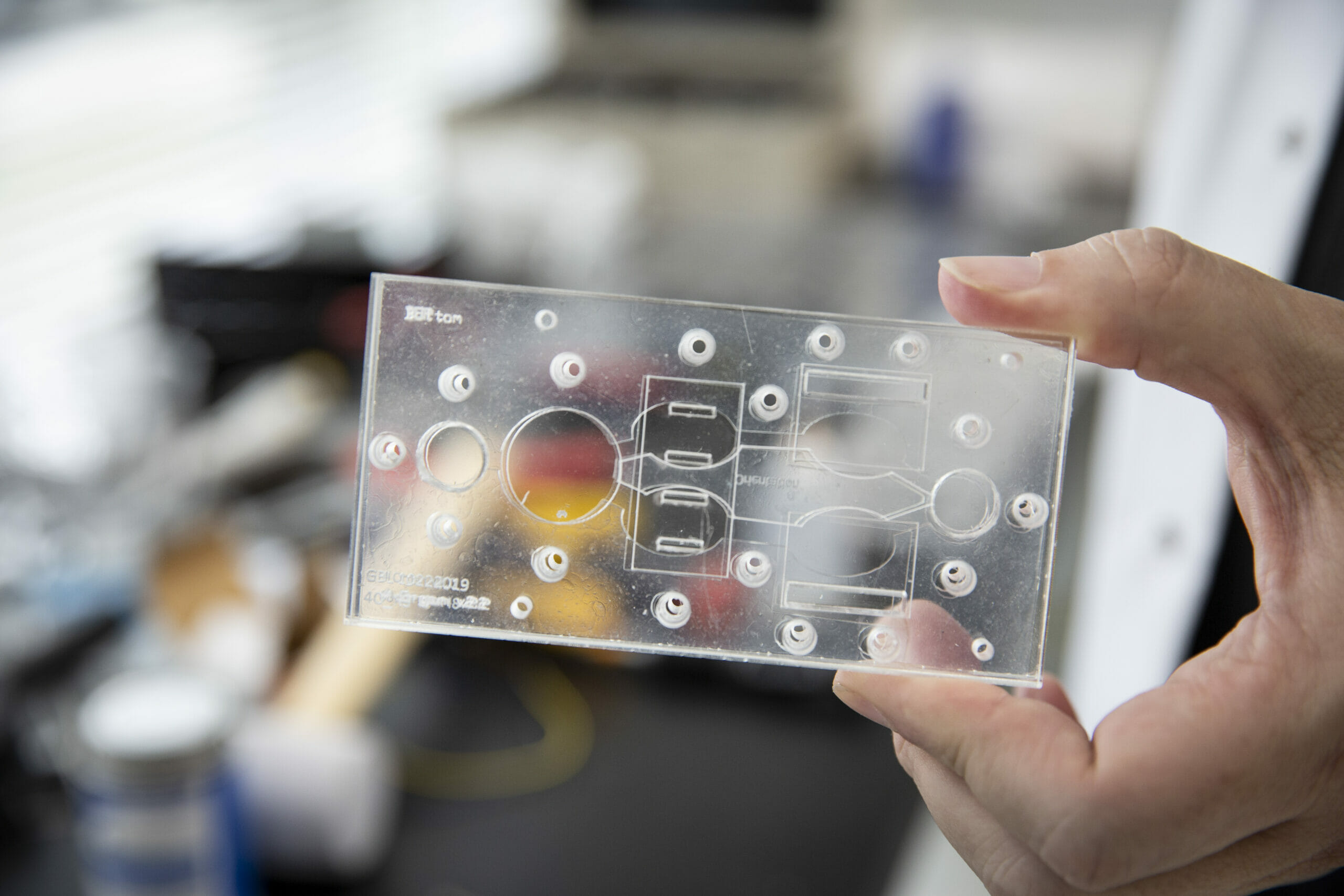We are proud to support this open letter to congress encouraging representatives to pass the FDA Modernization Act. Originally passed in 1938, the Federal Food, Drug, and Cosmetics Act (FFDCA) was formed mandating all new drugs be tested in animals prior to human trials to protect patients from unknown toxicity. This was vital for public safety at the time however new technologies are now maturing to a point where they could better protect society from unforeseen toxic effects of new drugs. While animal models have been essential in the evolution of drug development, it is now well known that they are poor predictors of human outcomes. Greater than 90% of drugs that are safe in animals ultimately fail in human trials. Despite these high failure rates, animal models have been the only option for much of the last century, but a range of new technologies are coming available and thus language in the original legislation needs to be updated.
The purpose of this effort is to simply expand what drug developers are able to use with the ultimate goal of bringing better therapeutics to more patients as quickly and inexpensively as possible. Animal models will continue to have a place in drug development for some time, this simply removes the antiquated mandate for their use allowing for more efficient drug development.
Summary of Key Points this legislation will address:
- The Federal Food, Drug, and Cosmetics Act (FFDCA), an important landmark ruling from 1938 which, among other stipulations, mandates that all drugs be tested in animal models prior to clinical trials. This portion of the FFDCA hasn’t been updated since its inception. In the more than 80 years since the FFDCA was passed, science and technology have advanced considerably. Passing the FDA Modernization Act will bring the FFDCA in line with modern science and technology.
- Drug development experiences as high as a 90% failure rate in candidates, in large part due to the poor translation between animal biology and human biology. We have developed a technology that can improve that.
- Toxicity issues aren’t just a rare occurrence from history. This past year we’ve already seen several clinical trials halted due to unforeseen toxicity, at least one of which resulted in patient death.
- The cost of failure can be high. Not only do patients sometimes suffer lethal or chronic injury, but the cost to developers can be in the billions of dollars due to sunk costs and lawsuits. All stemming from the use of outdated preclinical testing models.
- Importantly, the FDA Modernization Act doesn’t call for the immediate elimination of animal testing. Rather, it allows researchers to use the models that are most appropriate for their studies, which may often mean using microphysiological systems (MPS) instead of animals. For others, it may mean using MPS to whittle down the number of drug candidates advancing to animal trials.

